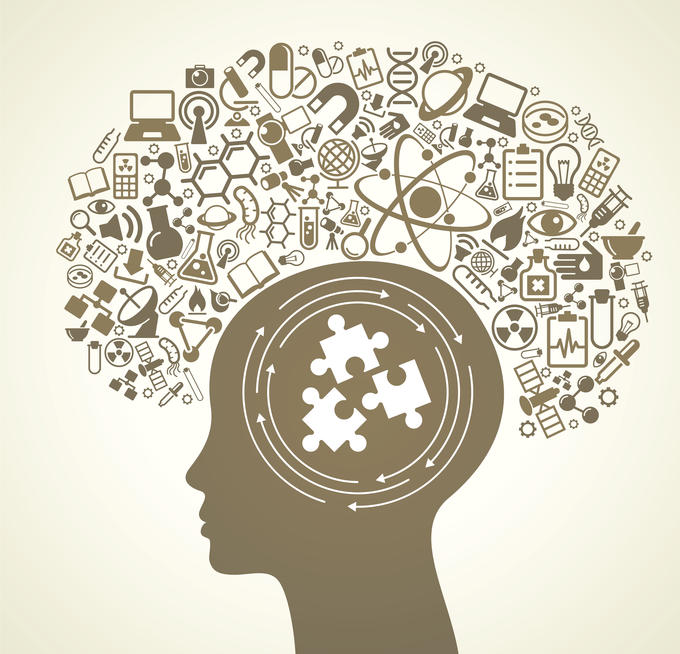If researchers at Monash University in Australia are right, there are physical reasons why some people exhibit certain kinds of empathy while others do not. The researchers -- who cited their findings in the journal NeuroImage, as reported in Medical News Today -- believe that understanding the difference in "the emotional brain" could help to restore function to people with brain damage as well as to work with their emotional capacity in the workplace and other venues.

The ability for different kinds of empathy is controlled by different regions of the brain.
Image Credit: Shutterstock
Led by Robert Eres from Monash University's School of Psychological Sciences, the study showed the relationship between grey matter density and cognitive and affective empathy by seeing whether people with more brain cells in certain areas of the brain are better at different types of empathy. According to Eres, "People who are high on affective empathy are often those who get quite fearful when watching a scary movie, or start crying during a sad scene. Those who have high cognitive empathy are those who are more rational, for example a clinical psychologist counseling a client" (http://www.medicalnewstoday.com/releases/295628.php).
Using voxel-based morphometry (VBM) to see how grey matter density in 176 participants affected their scores on tests to show cognitive empathy versus affective, or emotional, empathy, the researchers found that people with high scores for affective empathy had greater grey matter density in the middle of the brain. People scoring higher for cognitive empathy had greater density in an area that connects the two hemispheres of the brain. The authors of the study said that the results "provide validation for empathy being a multi-component construct, suggesting that affective and cognitive empathy are differentially represented in brain morphometry as well as providing convergent evidence for empathy being represented by different neural and structural correlates." They wonder whether some kinds of empathy could be increased through training, whether people can lose their capacity for empathy if not used and whether damage to brain structures can affect a person's capacity for empathy.
According to Eres, "Every day people use empathy with, and without, their knowledge to navigate the social world. We use it for communication, to build relationships, and consolidate our understanding of others."
Why do researchers care so much about empathy? According to Bruna Martinuzzi in an article called "What's Empathy Got to Do with It?," empathy "allows us to create bonds of trust, it gives us insights into what others may be feeling or thinking; it helps us understand how or why others are reacting to situations, it sharpens our ‘people acumen' and it informs our decisions." Defining empathy as "the ability to identify and understand another's situation, feelings and motives," Martinuzzi says that ii is "our capacity to recognize the concerns other people have, the ability to put ourselves " in the other person's shoes" or to see "things through someone else's eyes" (http://www.mindtools.com/pages/article/newLDR_75.htm).
Martinuzzi concludes, "There are numerous studies that link empathy to business results. They include studies that correlate empathy with increased sales, with the performance of the best managers of product development teams and with enhanced performance in an increasingly diverse workforce."









